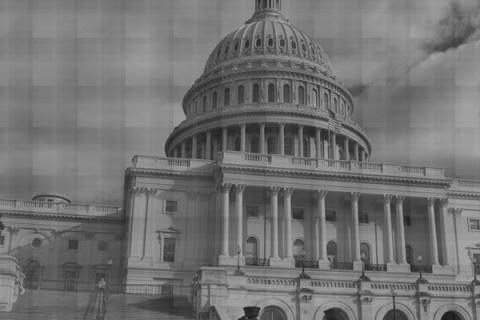One of the key features of Iranian government and society, is that they actually produce something like a democracy following the 1979 overthrow of the dictatorial Shah. The Iranian Majlis (Parliament) is not a perfect democracy. Candidates are still chosen by Iran's Guardian Council with the blessing of the Supreme Leader, currently Ayatollah Khameni. However, one can still see the subtle interplay of relations and democracy at work within the Islamic Republic when they get the opportunity to vote in regular elections.
On May 4, 2012, Iranians went to the polls to vote in Parliamentary run-off elections. President Ahmadinejad's faction, the Monotheist and Justice Party, lost substantially in the massive turnout election, coming up with only 13 of the 65 seats that were being contested. This brings his faction's total representation in the Iranian Majlis down to 17 out of the 207 seat Majlis. Conservative factions still hold a majority of seats while reformists managed to hold on to nearly a quarter of the seats after facing crackdowns, arrests and disqualifications of their most popular leaders. Conservative factions have split over the issue of Ahmadinejad challenging the Supreme Leader and employment remains a critical issue in light of the economic sanctions leveled by the West and China.
The question of Iran remains a complicated one, because it can really go in any direction at this point. On one hand, the United States is trying to prevent and discourage Iran from achieving a possible nuclear weapon. On the other hand, showing the Iranian people the olive branch might hasten the overthrow of the Iranian government of the Ayatollahs and prevent the construction of a nuclear weapon in and of itself.
It's a difficult line of diplomacy; skirting between the people of a territory and the government that "represents" them on the international scale. It's unsure if the idea has entered into the minds of politicians and policy makers yet to distinguish between the people and communities of a territory and the state, and to work with them accordingly. But it could be part of the key to unlocking the problem of Iran for the West, and indeed, many other places throughout the world that we take umbridge with for one reason or another.
The obvious caveat to this, is that sometimes we won't get our way, as people make decisions for their own selves. But since when have we received what we've wanted whenever we've ventured done the meddling route? Looking back historically, most of the regimes we've help established have ended up doing what they wanted anyway, against many of our wishes, and have created further problems for us as a result of their own oppression of their people. Would the United States instead represent its own values of self-determination, individual liberty, freedom, and equality of all, for all? That would require a different mindset; a different brain type at the helm of state in this country. Is the current set of individuals in leadership up for such a transition, even for their own sake and their own benefit, if for nothing else than that? We already see how badly they fail at expressing these concepts in their own country. How could they behave anyway else towards others?

